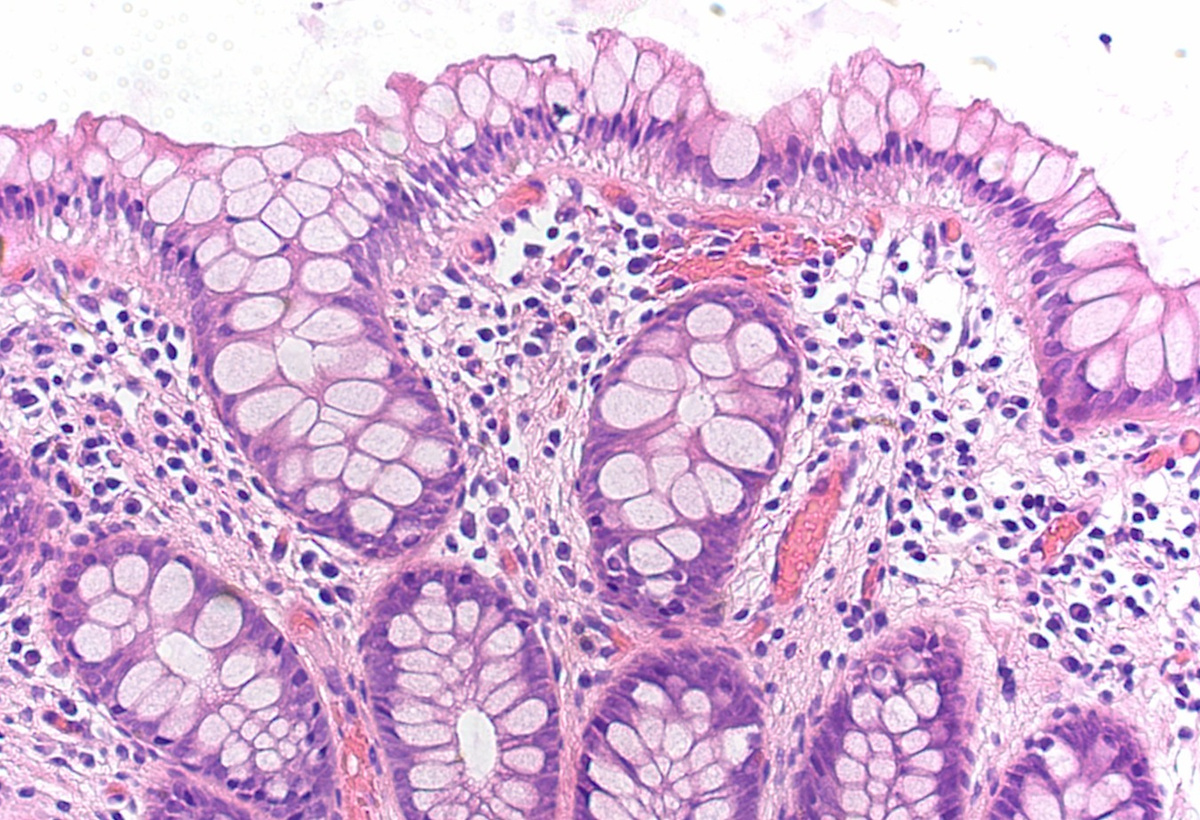System and Method for Computer Aided Polyp Detection
A method for automatic polyp detection in minimally invasive colon cancer screening
Colon cancer is a major cause of cancer related death in the United States; most forms arise in the form of benign polyps in the colon. Screening is advised for adults who are at average risk of developing, but many don't follow this advice due to the discomfort of traditional optical colonoscopies. Virtual forms of a colonoscopy (i.e. CT scans) have been proposed to have a minimally invasive method of screening for colon cancer; colon models have a complicated geometric and topological structure, making them difficult and time consuming to evaluate. A computer-aided detection (CAD) method of screening is desirable, because it would lessen the interpretation effort required by current virtual methods. Automatic detection is possible, but it's challenging due to the various shapes and sizes of polyps. Polyps have internal tissue that's more dense than healthy tissue; these high density areas lie beneath the colon wall and can't be detected during optical colonoscopies or surface rendered virtual colonoscopies.
This is a computer-based method for screening polyps to detect colon cancer. The method comprises obtaining a two dimensional image dataset of an area of interest. This dataset is converted into a multitude of voxels, creating a volumetric representation of the area of interest. The voxels each have a value corresponding to a density of an object which that voxel represents. Once a surface of an area of interest is identified, the density of an object beneath the surface of the area is determined. Then, suspicious areas can be discovered where the density is observed to be higher than that of the surrounding areas. False-positive candidates can be eliminated by analyzing one or more of the identified sub-surface regions for shape or texture.
 Source: Jeremy T. Hetzel/Flickr, https://www.flickr.com/photos/jthetzel/4318018514, CC BY 2.0.
Source: Jeremy T. Hetzel/Flickr, https://www.flickr.com/photos/jthetzel/4318018514, CC BY 2.0.
- Automatic detection of polyp locations - Reduced interpretation required from radiologists - Increased diagnostic performance with higher accuracy and less time - Minimize false positives in automatic detection
Colon cancer detection.
Patented
[8600125](http://patft.uspto.gov/netacgi/nph-Parser?Sect1=PTO2&Sect2=HITOFF&p=1&u=%2Fnetahtml%2FPTO%2Fsearch-bool.html&r=3&f=G&l=50&co1=AND&d=PTXT&s1=8600125&OS=8600125&RS=8600125)
Available for licensing.
Licensing,Commercial partner,Development partner
Patent Information:
| App Type |
Country |
Serial No. |
Patent No. |
Patent Status |
File Date |
Issued Date |
Expire Date |
|